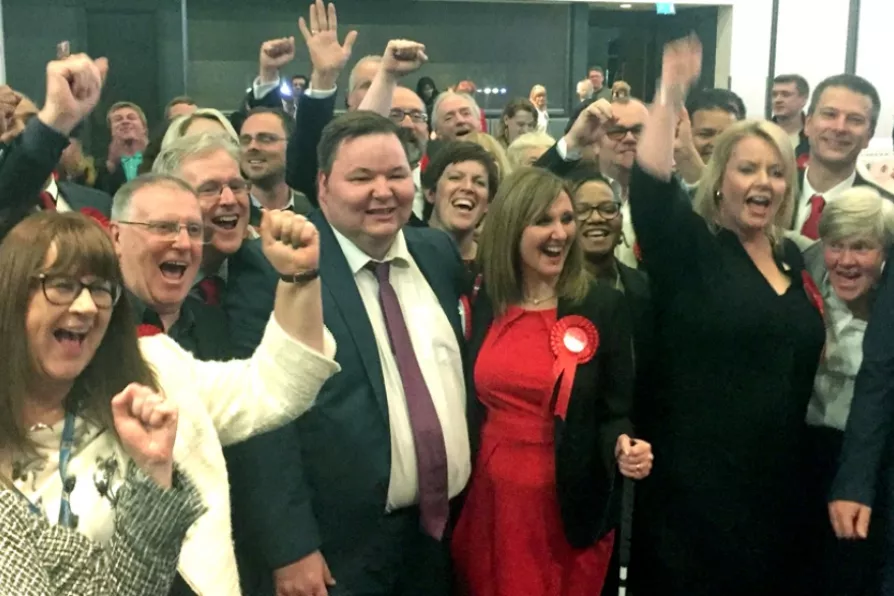Data on regional deprivation in England shows us an unequal society, but what to do about it remains unanswered argue ROX MIDDLETON, LIAM SHAW and MIRIAM GAUNTLETT

 Labour Party members celebrate their victory in Trafford, Manchester
Labour Party members celebrate their victory in Trafford, Manchester
Labour has made a modest advance on 2014 results that were good enough for many to predict a Labour victory at the following year’s general election and there was some Tory defensive consolidation, often out of the collapse of Ukip.
The local government election results declared by midday today revealed a political map of England little changed over the last 10 months since Labour’s surge at the general election.
That picture is of a deep two-party polarisation, with Labour strengthening in the big cities and making some inroads elsewhere, but the Tories stubbornly holding on in places with an anti-Labour rather than pro-government message in these lower turnout elections.

Every Starmer boast about removing asylum-seekers probably wins Reform another seat while Labour loses more voters to Lib Dems, Greens and nationalists than to the far right — the disaster facing Labour is the leadership’s fault, writes DIANE ABBOTT MP

Reform’s rise speaks to a deep crisis in Establishment parties – but relies on appealing to social and economic grievances the left should make its own, argues NICK WRIGHT

With Reform UK surging and Labour determined not to offer anything different from the status quo, a clear opportunity opens for the left, argues CLAUDIA WEBBE

DIANE ABBOTT looks at the whys and hows of Labour’s spectacular own goal










